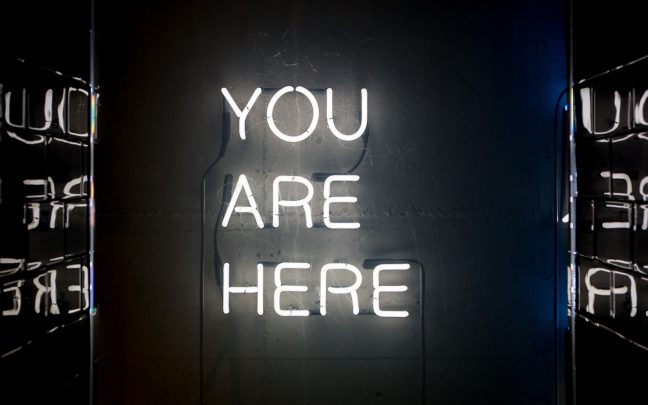“Can you send us your bio?” Yes, I can….after I’ve antagonized over it multiple times and spent hours crafting a single sentence. We’ve all been at the conference where the speakers are all introduced using lengthy bios that cover everything from education, current academic positions, and every book the individual has wrote. How much do you normally remember from those bios? How much do you tune out? Writing about yourself is hard. Writing about yourself in a concise but engaging way can be even more challenging.
Tailor Your Bio
Think about who you are writing the bio for and keep your audience at the forefront when crafting your bio. Is the bio going to appear in a publication or is it going to be read aloud at an event? The medium that the bio is going to be used in should impact what you include. As you might have guessed by now it’s pretty common to need more than one version of your bio. Bios are rarely one size fits all.
You should have a one sentence long bio, a relatively short bio (100-200 words), and a longer more in-depth bio. I find the one-sentence bios the hardest. How do you fit everything about yourself into one sentence? You can’t. You need to prioritize and decide what is most important to present about yourself. Once sentence bios are typically used on social media platforms or for some writing gigs.
It is also important to revisit your bio. As your career evolves and as the type of places you’re speaking and publishing change you’ll need to revise and retool your bio with updated information. However once you have the bones and the structure of your bio established this type of simple updating shouldn’t be too painful.
Academic Bios
Your field might have specific tendencies or standard ways of writing a biographical statement. A good starting point is often looking a how other scholars in your field write their bios. What length are they typically? What type of educational, career, and personal information do they include? If you’re writing a bio for a conference check to see if they have bios available online from previous years. And if the forum you’re writing the bio for gives you a word count respect that space and stay within it.
“Narrating Your Professional Life: Writing the Academic Bio” by Grad Hacker provides a great breakdown of the different lengths of bios and the different types of bios you will likely need throughout an academic career. This post also provides suggestions on how to organize your bio – chronologically, thematic, or broad/narrow focused.
Personality
My favourite bios are ones that have a personal touch. They aren’t simply a list of accomplishments that tell me nothing about the person. Yes, even in professional settings you can make your bio more interesting. Talking about your passions or your approaches to your work can be more inspiring that simply saying “I teach X at X university.” It’s not always be appropriate to share what you do in your spare time or be super witty. But sometimes it is appropriate and I think we need to take advantage of opportunities which let us be open and honest about who we are when the time is right.
Pronouns
As an effort to create safer more inclusive spaces I encourage everyone to include their pronouns in any of their written bio statements. This is a really simple way to be more inclusive and make spaces more welcoming to trans* and non-binary identifying folks. Similarly, I also recommend folks indicate their pronouns if they are introducing themselves at an event and if you’re facilitating a group activity ask everyone to include pronouns in their introduction.
What are you favourite bio writing strategies?
Photo Credit: Photo by John Baker on Unsplash.

